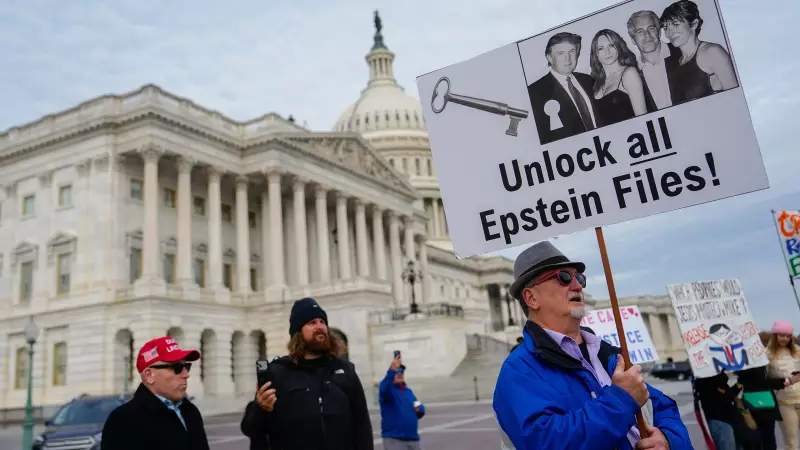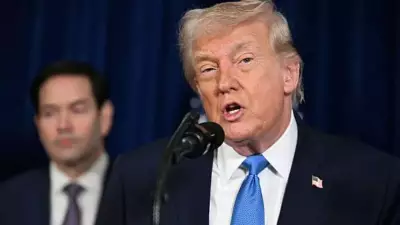
Historic Move for Transparency in Epstein Case
In a remarkable display of bipartisan unity, the United States Congress has taken decisive action to force the release of confidential documents related to the Jeffrey Epstein case. The legislative push gained unprecedented momentum this week, culminating in overwhelming approval from both chambers of Congress.
The House of Representatives initiated the process with a stunning 427-1 vote on Tuesday, demonstrating near-unanimous support for transparency in the high-profile case involving the late convicted sex offender. The bill then moved to the Senate, where it received unanimous consent, clearing the final legislative hurdle before reaching President Donald Trump's desk.
Bipartisan Pressure Builds for Full Disclosure
The legislative action comes amid growing pressure from multiple fronts, including survivors of Epstein's abuse who rallied outside the US Capitol on Tuesday demanding the release of files. The bipartisan nature of the support highlights the widespread demand for transparency in one of the most controversial cases in recent memory.
President Trump's position on the matter has evolved significantly. While he has repeatedly stated that he severed ties with Epstein years ago, the administration had initially resisted calls for full disclosure of the files related to the deceased financier. However, mounting pressure from within his own Republican party appears to have influenced the administration's stance.
Legislative Process and Key Players
The legislative journey saw some interesting dynamics between House and Senate leadership. House Speaker Mike Johnson advocated for amendments to the bill that would protect information concerning "victims and whistleblowers", expressing concerns about potential collateral damage from full disclosure.
However, Senate Majority Leader John Thune expressed skepticism about amending the legislation, stating he doubted that "amending it is going to be in the cards." The Senate ultimately moved forward without changes, with Senate Minority Leader Chuck Schumer formally requesting passage of the Epstein Transparency Act.
The absence of any objections in the Senate paved the way for the bill's smooth passage to the executive branch. The legislation now awaits President Trump's signature, which would legally compel the Justice Department to release the Epstein files to the public.
The timing of this legislative action, occurring on November 19, 2025, marks a significant milestone in the long-running effort to uncover the full scope of Epstein's network and activities. The decisive congressional action reflects the enduring public interest in the case and the demand for accountability and transparency at the highest levels.





